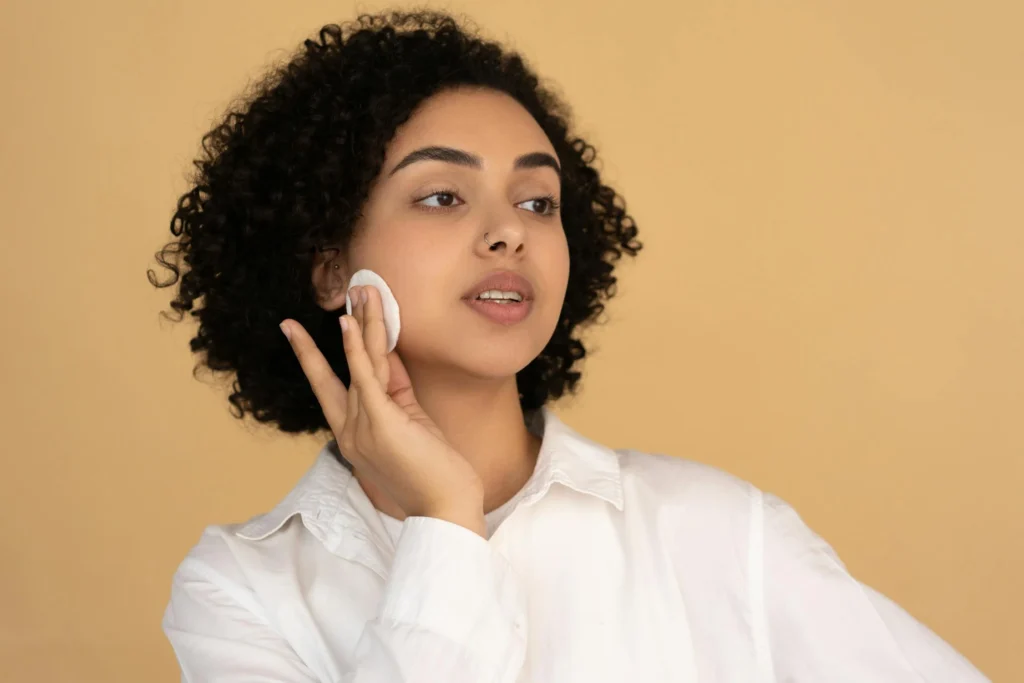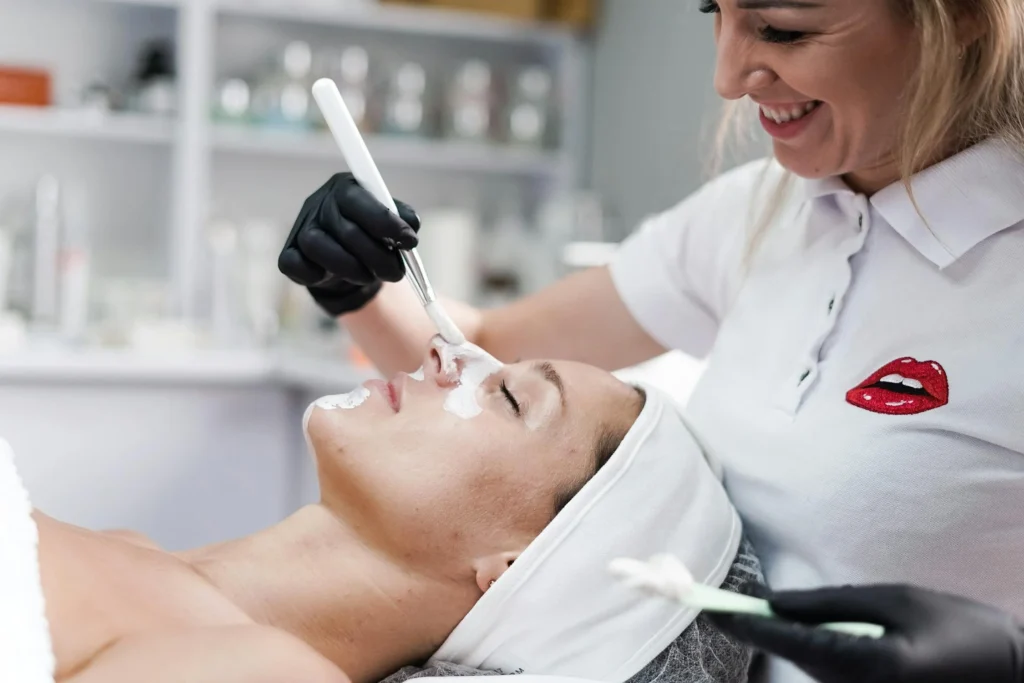
Boosting collagen helps maintain a youthful appearance and improves skin texture. Face sculpting and skincare products are effective methods to increase collagen levels. These approaches can lead to firmer and more radiant skin. One of the tools that can assist in this process is the Liftlab face sculptor tool, which combines innovative technology to improve collagen production effectively.
- Collagen-boosting skincare products play a significant role in improving skin health.
- Ingredients like retinol and peptides are known for their ability to stimulate collagen.
- These products can consistently improve skin elasticity and texture.
- Making them important additions to any skincare routine.
Face sculpting techniques help contour the face and promote blood circulation, aiding collagen production. Combining quality skincare products and sculpting tools can optimize skin health, providing noticeable results. By investing in these proactive measures, individuals can maintain healthier skin and reduce the signs of aging.
Understanding Collagen and Its Role in Skin Health

Collagen is a protein that supports skin strength and elasticity. It plays a key role in maintaining smooth and firm skin. As people age, collagen levels decrease, affecting skin health and appearance.
The Basics of Collagen and Decline with Age
Collagen is a protein that makes up a large part of the skin, providing structure and elasticity. This protein helps keep skin firm, reducing the appearance of wrinkles and lines. The body naturally produces collagen. It can also be supported through diet and some skincare products. Foods rich in vitamin C, like citrus fruits and peppers, assist in collagen production. Skincare products with hydrolyzed collagen can help moisturize the skin’s surface. Collagen also plays a part in the body’s healing processes, repairing damaged skin and maintaining its overall health.
- As people age, collagen levels decrease. This reduction leads to visible changes in the skin.
- Such as increased sagging and the development of fine lines.
- The body produces less collagen over time, beginning in the mid-20s.
- Environmental factors like sun exposure and smoking can further speed up collagen loss.
- This decline is natural, yet some steps can slow it down.
- A nutrient-rich diet and avoiding excessive sun exposure can help maintain collagen levels.
- Products containing peptides may support the skin’s natural collagen production.
- While ageing affects everyone differently, understanding how collagen works can help manage its impacts on skin health.
Improving Collagen through Face Sculpting and Skincare

Face sculpting and skincare routines can play a significant role in promoting collagen production. Techniques like facial massage can stimulate collagen, while skincare products with specific ingredients help maintain skin elasticity.
Face Sculpting Techniques for Collagen Stimulation
Face sculpting involves methods such as facial massage and exercises that target specific muscles. These techniques can promote blood circulation, which boosts collagen production naturally. Massaging the face gently with fingertips or using tools like rollers can help.
For example, regularly massaging the jawline and cheekbones can stimulate collagen. Techniques that involve upward strokes can lift the skin, contributing to a firmer look. Regular practice, about five minutes daily, can benefit people seeking to improve skin texture and elasticity.
Topical Skincare Products to Boost Collagen

- Using skincare products with key ingredients can increase collagen production.
- Products that contain retinoids, peptides, and growth factors are effective. Retinoids.
- A form of vitamin A promotes cell turnover and collagen synthesis in the skin.
Peptides are short chains of amino acids that help build proteins like collagen. They are known to improve firmness and reduce wrinkles. Products with peptides help maintain skin elasticity.
Lifestyle Factors That Support Collagen Production
Diet and lifestyle are also important in supporting collagen levels. Consuming foods high in vitamin C, such as oranges and strawberries, aids collagen synthesis. Vitamin C is important for the stability of collagen fibers.
Avoiding excessive sun exposure and using sunscreen can prevent collagen breakdown. Smoking and high-sugar diets can also damage collagen, so limiting these can help maintain skin health. Regular physical activity improves circulation, providing nutrients and oxygen needed for collagen production.
Conclusion
Face sculpting and skincare can work together to support collagen in the skin. Gentle massaging techniques promote blood flow and strengthen facial muscles.
Skincare products with ingredients like peptides and hyaluronic acid are beneficial. These ingredients increase firmness and moisturize the skin effectively.
A consistent skincare routine is important for maintaining skin health. Combining these methods can help achieve a healthier and more vibrant complexion over time.
